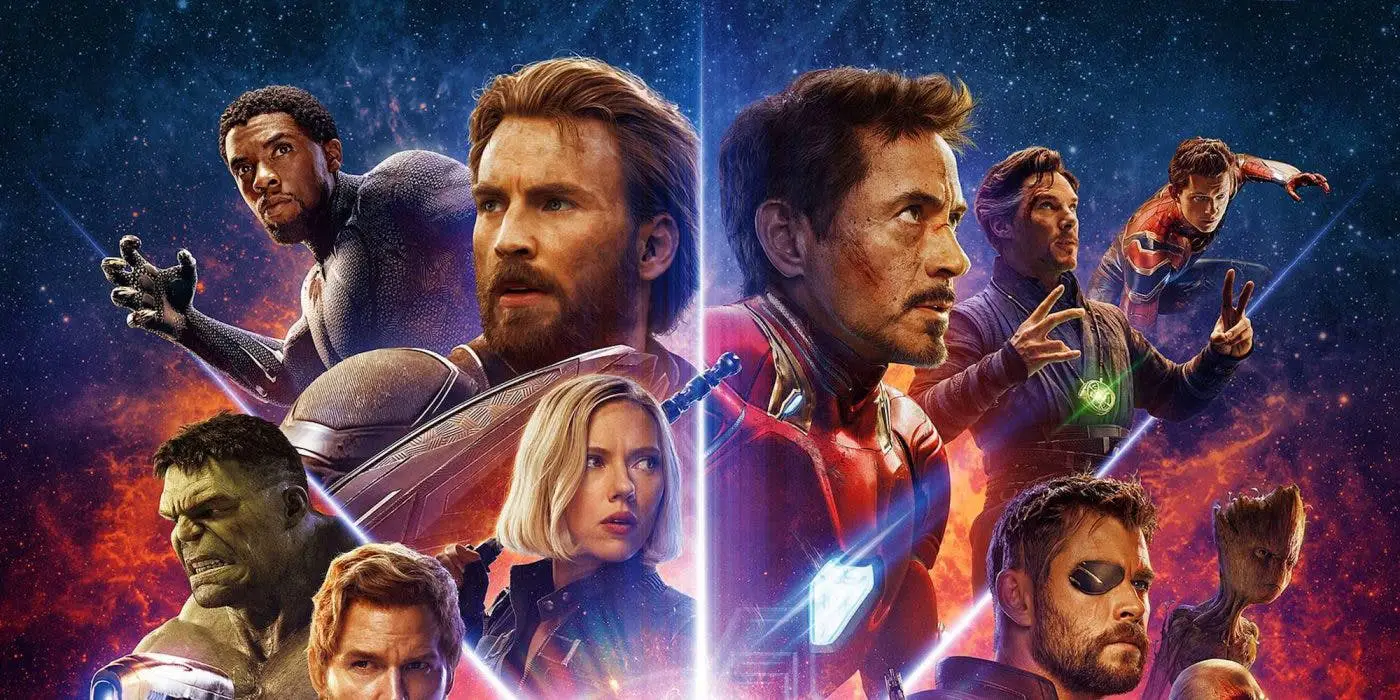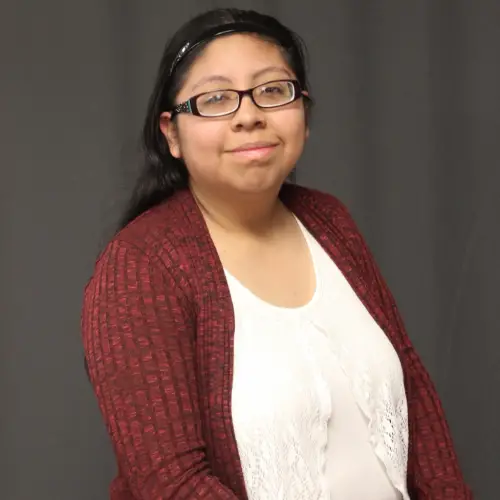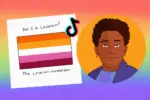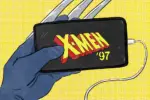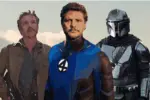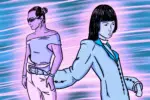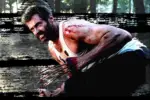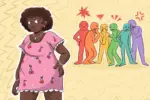“Avengers: Infinity War” has been a hot topic since its release because the film is a culmination of 10 years’ worth of movies in the Marvel cinematic universe. The film’s shocking events have launched a series of viral memes to spread across social media that reveal fans’ frustrations toward how their favorite characters ended up.
While popular conversations about “Avengers: Infinity War” have included talks about surprising deaths or theories about its upcoming sequel, one topic that has been looked over is its potential queer dialogue, which made me think: Is there queer representation in Marvel films?
The potential queer scene from “Avengers: Infinity War” has been available online for some time, so don’t worry about any spoilers.
The scene that I am referring to is at the beginning of the film when Thor meets the Guardians of the Galaxy for the first time. Having been through a rough fight with Thanos, Thor is passed out and floating in the middle of space. The Guardians of the Galaxy find him and bring him onto their ship, but because they are unaware that he is a god, they wonder how he could possibly still be alive.
The leader of the group, Star-Lord, asks, “How is this dude still alive?” to which a character named Drax replies, “He is not a dude. You’re a dude. This is a man. A Handsome, muscular man,” with an emphasis on the word “man.” His statement is followed by deep, flustered breathing as he admires Thor’s heavy build.
Check out this special behind-the-scenes look at @Avengers: #InfinityWar featuring interviews from the cast. See it in theaters April 27. Get tickets: https://t.co/xQsJemiGws pic.twitter.com/shqQd6I74b
— Marvel Studios (@MarvelStudios) April 11, 2018
When the scene happened in the film, the audience in the theater erupted in laughter because of how uncommon it is for a man to admire another man for his figure. The scene becomes even more comical when the female characters join in the admiration over Thor since it shows Drax as being part of their group.
Some fans may think that Drax’s admiration for Thor’s figure is nothing more than just that — admiration — but others think that it’s something more. Since Drax had a wife and child in the past, fans think he could possibly be bisexual. It’s actually not that much of a stretch if you take into consideration some comments made by “Guardians of the Galaxy” director James Gunn.
Speaking to Digital Spy, Gunn talked about the potential of having queer representation in Marvel movies. He said, “There are a lot of gay people in the world. There are a lot of bisexual people in the world. There are a lot of characters in the MCU. We’ve barely gotten to know the sexuality of any of those characters.”
He continued, “We know Gamora and Quill are interested in each other. That’s about the only sexual relationship that exists within the Guardians. We know Drax has a past with a wife, so he’s got some sort of interest in women. But we don’t really know who’s gay and who’s not. It could be any of them.”
If there is queer representation in Marvel, it would most likely center on the Guardians of the Galaxy, due to the fact that the team consists of all aliens: Star-Lord, Gamora, Mantis, Groot, Rocket and Drax. Since they are aliens, the directors have the freedom to explore how their species and societies function. They can be anything, ranging from a species that only has one sex or a civilization that encourages same-sex relationships.
People have also questioned another franchise for possibly having queer characters. “Star Trek,” which began as a television series in the ’60s, also focused on a team of individuals exploring space.
Fans believed that two of the show’s male characters, Kirk and Spock — who is also an alien — were in a relationship together. People observe franchises, such as Marvel or “Star Trek,” for possibly having queer characters because they are part of the science-fiction genre where anything can happen.
In the comics, the writers of “Guardians” do not make the characters explicitly queer, and when they are involved in relationships, it is with the opposite sex. Because producers often change these characters for their movie adaptations, fans wonder whether or not there is queer representation in Marvel films.
Also, because the “Guardians” team is made of a group of outcasts, it would only make sense for at least one of them to be queer as well. Drax is one of the oddest of the group, with his brawny figure that often contrasts his much softer personality. Mantis is another complex character who bonds with Drax over sharing the same feelings of being different.
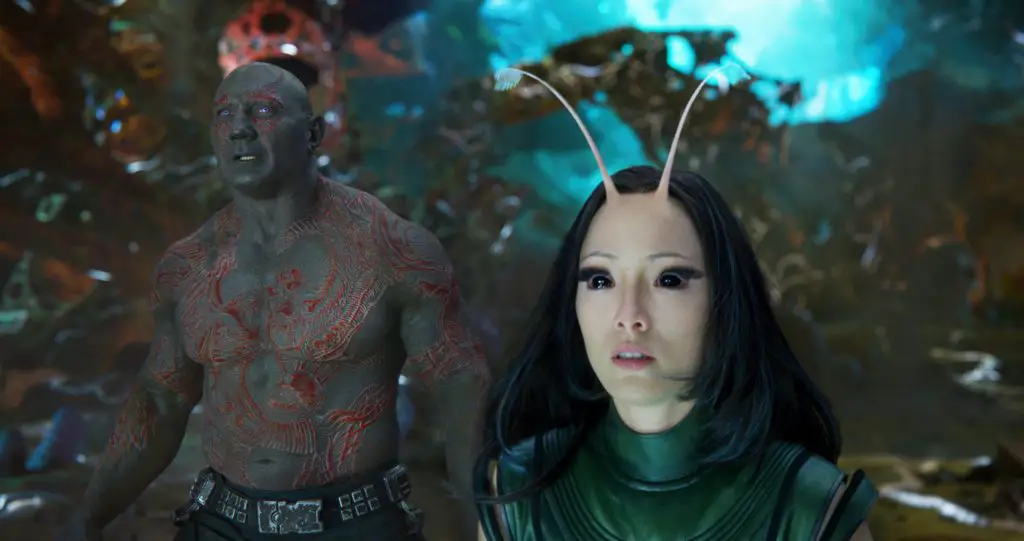
In the second “Guardians” film, there is an interesting scene that hints at Mantis’s sexuality. When she wakes Drax up from his sleep, Drax assumes that she wants to sleep with him, which makes Mantis recoil in disgust.
She says, “I don’t like you like that. I don’t even like the type of thing you are.” Some fans have interpreted this as Mantis not being interested in Drax’s species, while others have read this as her not being interested in men at all. Again, because both Mantis and Drax are aliens, this leaves their sexualities open to debate.
The Marvel cinematic universe has yet to include a queer storyline in any of its films, but that can surely change for its future installments.
At the beginning of the cinematic franchise, fans complained about the films not being diverse enough since many of its lead heroes are white men. After hearing criticisms, the filmmakers have actively been aiming for diversity in the later installments, growing their original team of Avengers to include more women and people of color.
The need for diversity lead to the release of “Black Panther,” a film with a leading black superhero accompanied by an army of black women.
Diversity doesn’t just have to do with gender or race; it also has to do with sexuality. So far, all of the relationships shown in the Marvel films have been between men and women, and the producers have excluded queer representation. If the filmmakers have listened to concerns about racial and gender diversity in the past, why not add queer representation in Marvel as well?


